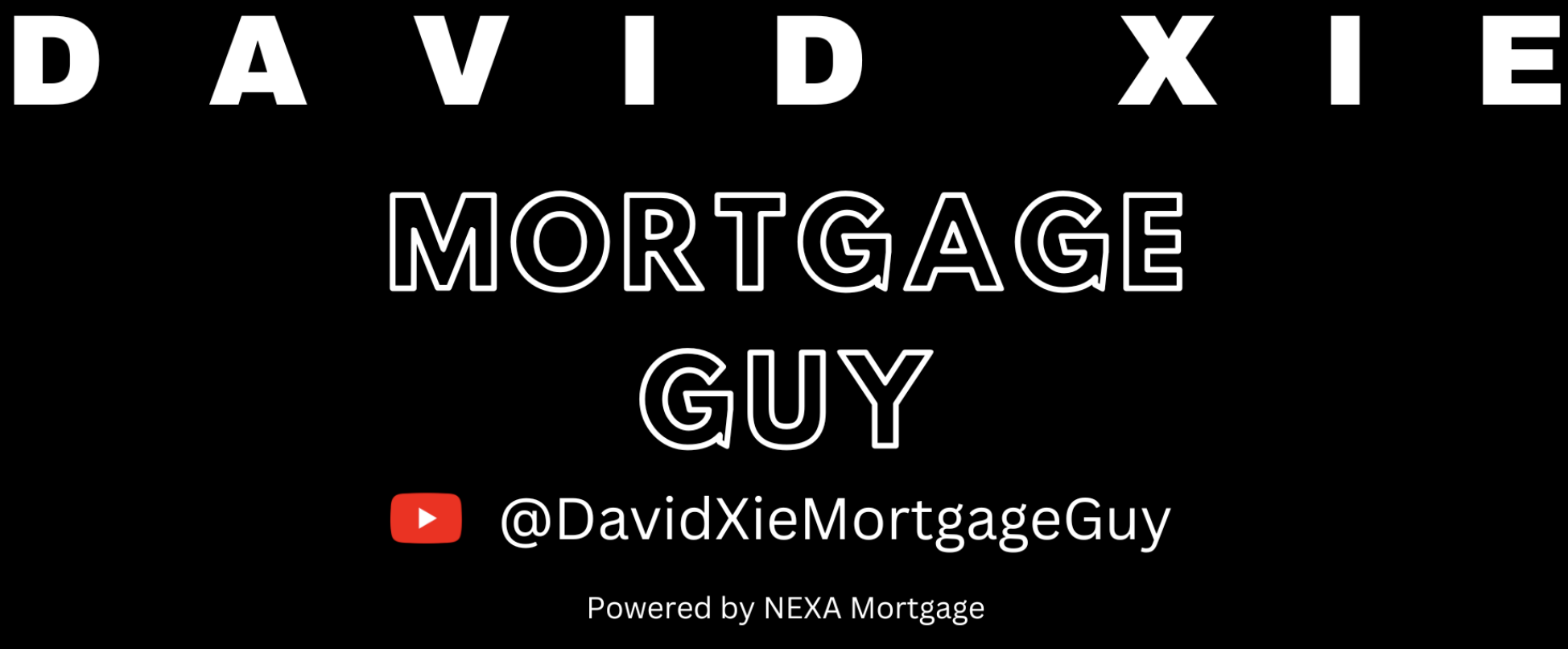Why Spring is a Prime Time for Real Estate Spring consistently ranks as one of…
Understanding Home Equity Loans and their Rates in Virginia
 Stepping into the world of homeownership introduces you to the empowering concepts of home equity and home equity loans. They are a financial cornerstone that can transform your house into a dynamic asset, offering opportunities beyond the living space it provides. Let’s demystify home equity and its loan rates in Virginia, ensuring you can leverage this tool wisely without becoming ensnared by avoidable pitfalls.
Stepping into the world of homeownership introduces you to the empowering concepts of home equity and home equity loans. They are a financial cornerstone that can transform your house into a dynamic asset, offering opportunities beyond the living space it provides. Let’s demystify home equity and its loan rates in Virginia, ensuring you can leverage this tool wisely without becoming ensnared by avoidable pitfalls.
What is Home Equity?
Simply put, home equity is the portion of your property that you truly “own.” It’s the difference between the current market value of your abode and the balance remaining on your mortgage. Each mortgage payment you make nudges your equity upwards. Moreover, should the market smile upon your area, rising property values could boost your home equity even without additional payments. This growth in equity then becomes a springboard for securing a loan or a line of credit.
How Home Equity Loans Work
When you opt for a home equity loan, you’re borrowing against the equity you’ve diligently built. The loan amount is given in a lump sum, and you commit to repaying it through fixed monthly installments. Since your home itself backs the loan, the interest rates are typically more favorable when compared to unsecured loans like those on credit cards. However, tread carefully; a failure to keep up with repayments could pose a risk to your homeownership. It’s essential to be mindful of your home’s value too, as a dip in the market could lead you to owe more than what the property is currently worth.
How Home Equity Lines of Credit (HELOC) Work
Alternatively, a Home Equity Line of Credit (HELOC) is more akin to a flexible credit card backed by your home’s equity. Its main advantage lies in its versatility—you can withdraw varying amounts up to a preset limit and only pay interest on what you use. Interest rates on HELOCs are variable, which means your monthly payments can fluctuate in tandem with prevailing rates. This option is often favored by those who need intermittent access to funds over a period, rather than a one-time lump sum.
Expected Rates
In Virginia, securing either of these financial vehicles involves meeting certain prerequisites. A credit score of at least 620 is generally required, though 660 or above is recommended to snag the best rates. Lenders will also look at your debt-to-income ratio, preferring it to be no higher than 50%. Additionally, having at least 20% equity in your home is a common threshold. The rates for home equity products can vary, with the average for HELOCs hovering around 9.51% and traditional home equity loans around 8.73% as of recent figures.
Accessing Home Equity Wisely
Accessing your home’s equity shouldn’t present an overwhelming challenge. While refinancing is an avenue to tap into this resource, it’s not the only path. Many homeowners seek out options that allow them to unlock equity without altering their existing mortgage terms. Endeavors that minimize closing costs and streamline the appraisal process.
Securing Favorable Home Equity Loan Rates
Finding the right lending partner in your quest for home equity loan rates in the state of Virginia. With professional guidance, navigating the intricacies of home equity can lead to significant benefits, allowing you to maximize your property’s potential. Those seeking such financial partnerships should prioritize lenders who offer proficient, empathetic advisory services to ensure that their home equity serves them well.
Home Equity Loan Rates in Virginia: Key Factors
- Creditworthiness: Higher credit scores generally unlock better rates.
- Debt-to-Income Ratio: Keeping this ratio low is indicative of better financial health.
- Available Equity: The more equity you have, the more you can potentially borrow.
- Market Rates: Staying abreast of the current rates helps in decision-making.
Conclusion
Mastering the nuances of home equity and its associated loan rates in Virginia can bolster your financial wellbeing. It’s a dance between monetizing your investment and steering clear of overextension. Embracing this knowledge equips you with the confidence to seize opportunities that allow your home’s value to work for you, securing not just a place to live, but a strategic financial asset. Remember, the journey toward leveraging home equity should always be navigated with a partner who ranks your best interests as paramount—a commitment to you, your home, and your future.




